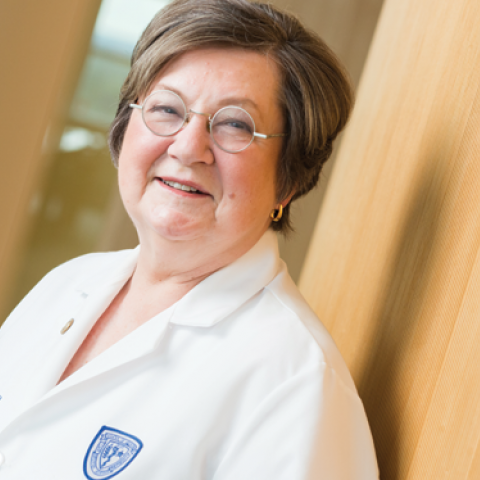Last week we celebrated Martin Luther King Jr. Day. Dr. King was assassinated in 1968, as the turbulent decade of the 60’s drew to a close. During that decade a state governor physically blocked entrance of black students to the state university; civil rights workers were murdered by a group that included local law enforcement; school desegregation occurred slowly and often under court order. In 1968 itself, after the King assassination and the ensuing riots, Robert F. Kennedy was assassinated and the Democratic convention in Chicago was accompanied by demonstrations and police overreaction. It was a troubled and troubling time.
Every time I catch myself thinking that the outrages we saw in the 60s are now rare, another headline hits me foursquare. Divisive rhetoric prevails. The news feeds scream of shootings of unarmed men and boys largely predicated on assumptions driven by their race; terrorist killings targeting racial and ethnic groups; political assassinations of journalists; marches for white power that turn violent; riots in the streets of large cities following provocative police or court decisions. Although a half century has passed since Martin Luther King Jr. was shot, his dreams are still unfulfilled.
Poverty is still rampant in this richest country on earth, and it disproportionately affects black and brown people. Unemployment is racially uneven; so is education. Overall mortality is higher in black than white people, cancers are diagnosed later and are more aggressive, infant mortality strikes black families disproportionately, and the risk factors for cardiovascular disease distribute unevenly among the races. Some believe – and there is reasonable evidence - that your zip code is more important than your genes in determining longevity and overall health. There remains a great deal to do!
For us in medicine, addressing health inequities is imperative. It is crucial to assure that every patient, regardless of race or ethnic origin, receive our very best efforts. This is part of our sacred duty as physicians. We know that we must treat all with dignity and concern. And we in organized medicine must determine mechanisms by which we can improve the public health of our minority communities.
Although these principles are imprinted on the DNA of physicians, we may not consider as often the need to be sensitive to special issues that can impact our African-American and other minority colleagues. Physicians come to the profession by different routes, some quite apart from the mainstream, and they bring their backstory to their work as physicians. This can be a real advantage, but it may also trigger responses in other physicians that are unfamiliar. The School has committed to admitting students from minorities underrepresented in medicine, but all of us are also responsible to engage all our students in the operations and activities of the School. Just as we model the principles of the profession in patient care, we must also model collegiality in our professional relationships, including those with our junior colleagues.
The School of Medicine has come a long way, but we still have a long way to go. We continue our tradition of standing among the top 15 schools for graduation of African American physicians. Admissions Dean Lina Mehta admitted our last two entering classes with 22-23% from minority groups underrepresented in medicine. But admissions are not enough. We still must assure that differences in background and training do not impair the potential of any of our students, or their ability to engage in our community. We must assure that our demeanor, comments, and actions do not, even unwittingly, offend or disparage our colleagues.
I’ve been grateful for the opportunity to improve our performance, but sorry that we could not do more. Martin Luther King Jr. Day reminds us that this is one of our obligations and sacred trusts as physicians.
Pam


